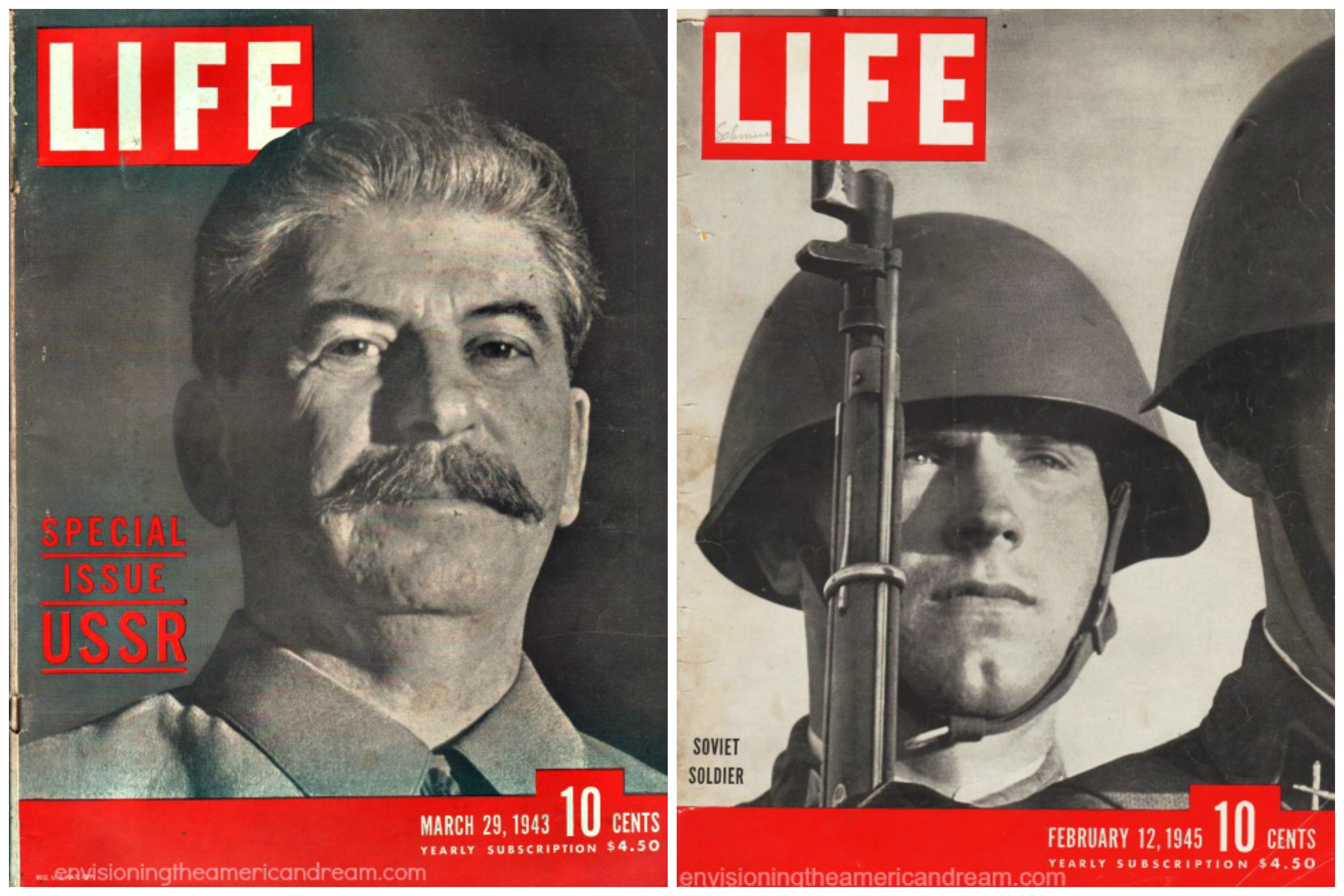So which is it? They have a large population of war-hardened soldiers, or a lot of inexperienced soldiers willing to take their ranks?
So now let's look at the Nazi-Soviet War. At the outset of Operation Barbarossa, the Nazis had mobilized roughly 4 million troops for the invasion (~3.5 million Germans and ~500,000 Romanian, Italian, and Finnish troops), versus the Red Army which was around 5 million strong. So while the Soviets had numerical superiority in general (though not at the front), most Germans expected a quick and decisive war, lasting only a few weeks, maybe a few months at the most. It wasn't hard to see why; the Red Army was in a noticeably poor state. The purges of it's officer corps had left it bereft of junior and high level leadership. Most of it's troops were untrained. It's equipment was in various states of readiness. It wasn't hard to see why the Germans expected such an easy victory.
But despite it's initial success, Operation Barbarossa was a catastrophic failure for Nazi Germany, because it forced itself to be committed to a long, drawn of war of attrition it not prepared to fight. The latter half of 1941 doomed Nazi Germany to defeat, either through being conquered by the Red Army or bombed by atomic weapons from the USA.
Prior to the invasion, the Soviet Red Army had fought in three major conflicts directly. Two of these are well known, the invasion of Finland, the invasion of Poland, but the latter is less well known, the Soviet-Japanese Border conflict. The invasion of Finland is well known, because even though they eventually won, the Soviets suffered massive casualties in the process, and the Red Army as a whole was thoroughly thrashed before sheer weight and numbers eventually forced the Finns to surrender. In Poland, the Red Army had performed rather lackluster and didn't impress anyone. Because of these two campaigns, (and Nazi Racial policy which held the Slavs as subhuman), the Germans didn't consider the Red Army a serious threat.
But before either conflict had occurred, the Soviets had clashed with the Japanese in the Far East, in what is known as the Battle of Khalkhin Gol. While casualties were somewhat higher for the Soviets, the end result was indisputable. The Red Army had successfully out maneuvered and smashed the Japanese 23rd Division, and Toyko quickly realized they had no answer for the much more capable logistical and operational ability of the Red Army. Because while the Red Army didn't have great quality of troops or good low level leadership, it did posses a very robust and effective logistical service, and a senior leadership who were very proficient at both deception and large scale maneuvers. The Imperial Japanese Army couldn't match the Soviets in either firepower or logistics. This was where the Soviets shined; at the operational level, aka the "big picture".
Nazi Germany was a lot like Japan in many regards. It had very high quality junior officers and personnel (although German proficiency tended to come from training while the Japanese focused on fanaticism and spirit). But both forces had similar flaws; strategic thinking, intelligence and logistics. When the Germans invaded Barbarossa, they did so under the auspice that the Soviets only had roughly 150-200 divisions total they could call up. This was larger than the roughly 160 divisions the Germans were to conduct the invasion with, but not overwhelmingly so. The Germans were very confident of victory, their racial bias tended to view the Soviets as "Asiatic subhumans" and propagated of "Jewish-Bolshevik" criminal organization that was poisoning the world. Again, based on what they saw in Poland and Finland, it's not surprising that the Germans thought victory was assured.
What was surprising was why the Germans thought that the Red Army hadn't changed. Prior to the war the Soviets had done everything they could to befriend the Germans; sharing intelligence on the British radar network, inviting German officers to view Red Army parades and exercises. The USSR even asked to join the Axis Pact. Of course, this didn't mean the Soviets liked the Nazis. Stalin had recognized that his forces had performed very poorly in both Poland and Finland. While a paranoid monster and mass murderer, Stalin wasn't an idiot. He knew that the Red Army was deficient, and ordered the supreme high command (STAVKA) to conduct a major reorganization and rearmament of the Red Army to prepare it for an eventual war with Germany. By June 22nd, 1941 the Soviets were in full swing of this reorganization, and as a result were ill prepared for the invasion.


